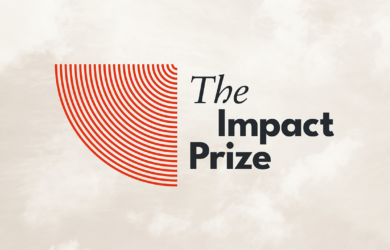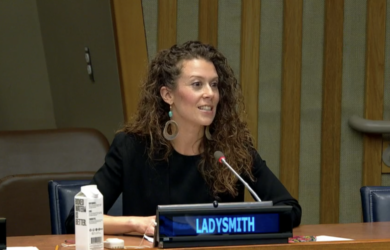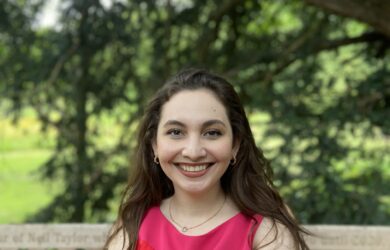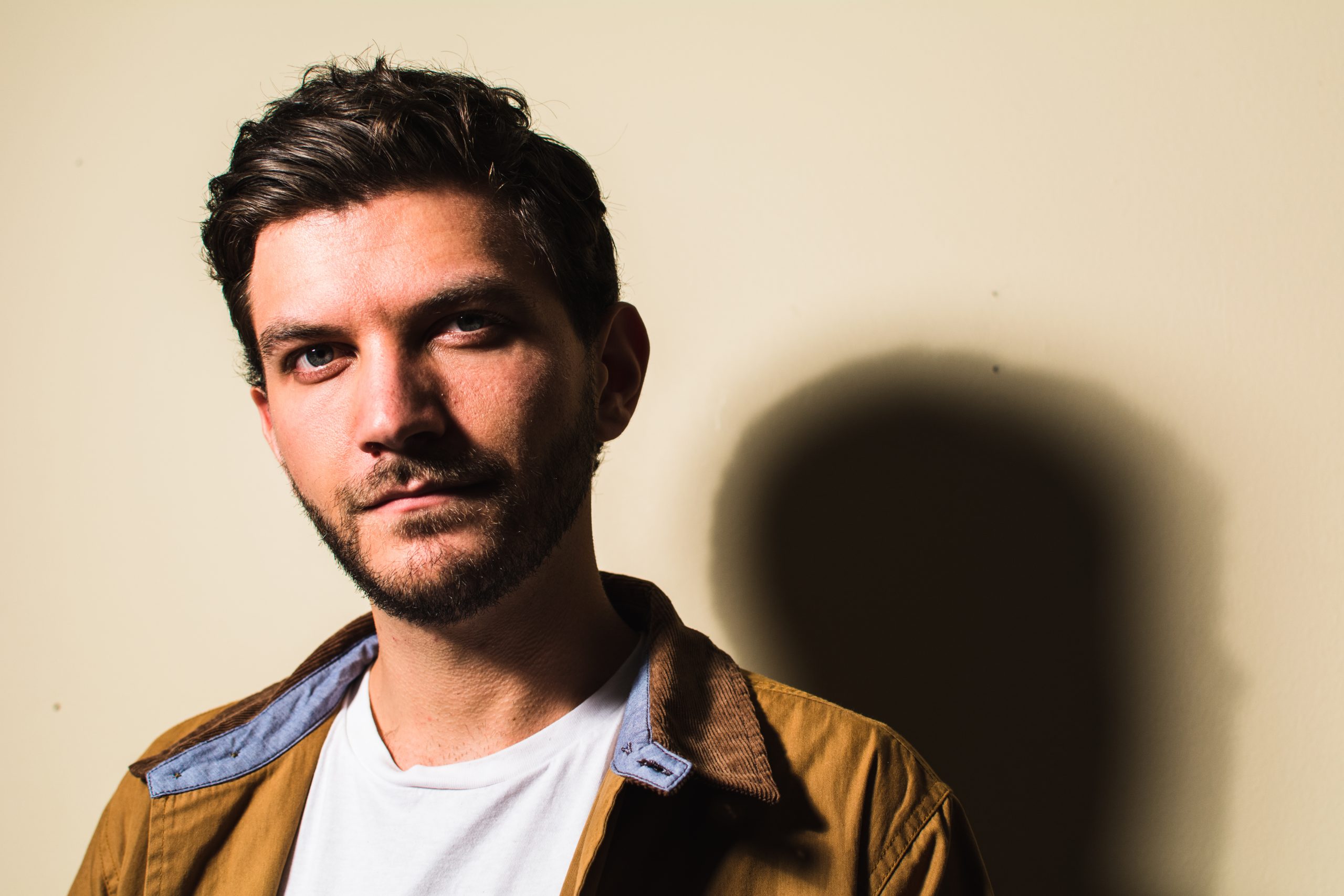
Will McInerney talks about his work developing an arts education framework to tackle male violence which draws on US and UK perspectives.
The aim is to help men to challenge their apathy and emotional ignorance so they can develop empathy and admit their vulnerability. I want to help them find the courage to do this work in a culture which doesn’t support them thinking about these things.
Will McInerney
Will McInerney disliked the formal education system as a child. “I would much rather have been outside playing basketball,” he says. “I struggled in school for a long time. I found it hard to square the job of learning with the process of school. I am an example of someone who had more potential than I was able to discover for a long time due to an outdated system that did not encourage creativity. I have deep first hand experience of school not working and I can see this repeated with the students I now work with. I want to be part of the solution.”
Will [2018] has spent the last few years helping to create powerful spoken word poetry education programmes which tackle the root causes of conflict in society. This autumn, the boy who disliked school begins his PhD in Education and will work to develop an arts education framework to tackle male violence which draws on US and UK perspectives.
North Carolina
Will was born and raised in a rural part of North Carolina. His father is a carpenter turned property manager and is mother was a preschool teacher and now works for an organisation that promotes teachers’ employment rights.
After years of feeling disconnected from school, the turning point for Will came when he failed to get into the University of North Carolina at Chapel Hill where his sister and both parents went. “That rejection made me reflect. I thought I am responsible and I can do better,” he says. He accepted a place at North Carolina State University, but was unsure of what he wanted to study. Wanting to challenge himself, he initially focused on the “hardest, best programme” they had, which was engineering and he worked hard and was top of the class, developing his academic resilience. At the same time he was working in a local electric company.
However, after two years he realised that he did not want to be an engineer in the long run. Through a friend, he had discovered poetry and at 18 had joined a poetry group. “I found a community with which I had a real connection,” he says. “It gave me a platform to speak about deeper issues.” He started reflecting on his upbringing and his parents’ emphasis on the importance of making the world a better place.
Poetic journalism and arts activism
Will transferred to the University of North Carolina at Chapel Hill and began to take an interest in issues relating to peace, war and defence. In 2009 he travelled to the Middle East and studied Arabic and by 2011 he was doing freelance journalism, reporting on violence and conflict in the Middle East and North Africa. He also co-created a project to document the Tunisian and Egyptian revolutions using spoken word poetry which he felt could tell more complex stories than journalism was able to. This led to a radio series on the NPR network starting in 2011 where he was described as the ‘poetic journalist’.
Meanwhile, before he graduated in 2011 he and his poetry group had created a non-profit organisation which used spoken word and hip hop arts education to deliver peace education to underserved youth who were at risk of dropping out, discrimination and violence. Will, who was executive director of the organisation for two and a half years after he graduated, says: “We were using poetry to promote constructive conversations to help young people re-engage with school and express themselves.”
He adds that the organisation was in the right place at the right time: spoken word poetry was an emerging art form and the organisation was able to take some talented artists into schools. “We developed our own pedagogy for teaching poetry and we got results,” says Will. “We got people who were disengaged with education, as I had been, back into the classroom, using a more dynamic, engaging form of poetry education and addressing issues of peace and conflict.”
One example was a 10-week after school programme they ran attended by many students who had failed English the year before and needed to make up their credits. Many who had stopped coming to school started turning up for class. “Their teachers noted a mind shift. Their grades were better,” says Will. “There was a change of mentality and attitude because the programme was the first time they felt they had been heard.”
Will says the experience inspired him to want to be a teacher and to work on education reform. “I loved teaching and having that tangible impact, but I needed to work on changing fundamental parts of education policy in order to have a bigger impact,” he says.
Male violence
The majority of his students were young men and he started noticing a pattern of behavioural problems being raised. The poetry education had a powerful impact, helping them to rethink notions about what it meant to be young men and encouraging emotional intelligence. “Most men don’t commit violence, but most violence is committed by men. I felt there were ways I could be part of the solution,” says Will.
He teamed up with a professor who got funding for a programme examining male violence using spoken word poetry – the University of North Carolina Men’s Project. Together he and Will created the curriculum which brought together Will’s arts education for peace work and traditional men’s programmes. For two years Will ran and taught on the programme for undergraduate and graduate students at the university. He also returned to journalism, doing another NPR poetry journalism radio show about conflict.
Wanting to deepen his work, Will won a Rotary Peace Fellowship to the University of Bradford in the UK to do a master’s in conflict resolution with a focus on peace education. “It was a powerful opportunity to take a step back. I was jumping around doing lots of stuff at the time and rarely had time to reflect,” he says. “And I wanted to have the highest impact possible.” The two-year course, which he began in 2016, included three months’ field experience in Australia on the UN’s HeForShe initiative and at the University of Cambridge where he worked with Tim Archer on masculinity, violence, and peace under Dr Hilary Cremin.
His master’s thesis laid out the educational framework for a spoken word programme to prevent male violence. He worked with educators to address the challenges of male violence prevention programmes and look at how inserting poetry into them could give them greater impact.
Cultural differences
For his PhD, which he starts in the autumn, he will further develop the framework, partnering with men’s violence prevention programmes in the US and the UK to experiment with their students and curricula and get feedback. He is interested in exploring cultural differences in tackling the issue.
“I have a lot of passion to enhance and innovate the US system, but I realise that there are a lot of great organisations in other countries doing work on male violence prevention. I am very much interested in learning more from a global perspective,” says Will. “I know that a one size fits all approach doesn’t work so I want to partner with organisations on the ground. My interest is in how we can develop a framework that allows for the most impact, but has room for educators to input their own cultural norms.”
He adds: “The approach is about writing and listening to poetry, about the thinking behind the creative process. The aim is to help men to challenge their apathy and emotional ignorance so they can develop empathy and admit their vulnerability. I want to help them find the courage to do this work in a culture which doesn’t support them thinking about these things.”
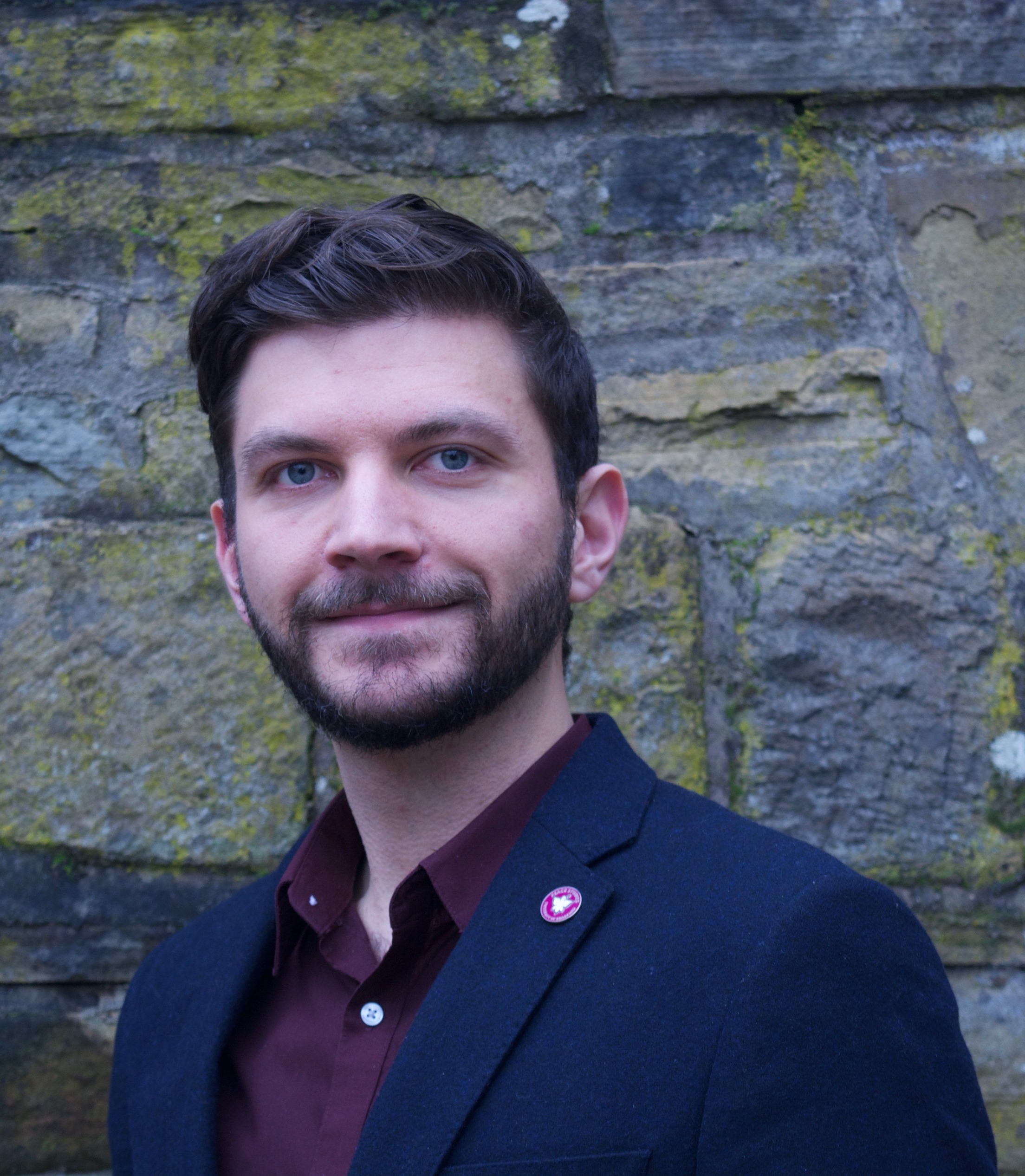
William McInerney
- Alumni
- United States
- 2018 PhD Education
- Queens' College
As an undergraduate studying Peace, War, and Defense at the University of North Carolina at Chapel Hill, I researched arts and peace education and discovered the power of creativity in the classroom. I went on to work as a poet and educator, performing and teaching around the world; a journalist, focusing on peace and conflict stories; and as Executive Director of a spoken word poetry and peace education non-profit. Eventually, this work led me to begin focusing on using education to address the critical problem of men’s violence against women. Through a fusion of arts and peace education, I co-created and taught a men’s violence prevention program at the University of North Carolina at Chapel Hill for several years. In recognition of this work, I was awarded a Rotary Peace Fellowship to the University of Bradford, where I received my MA with distinction. At Cambridge, my doctoral research examined the potential benefits, challenge, and risks of arts-integrated men's violence prevention education through interviews with educators and a year-long case study of one program. I am currently working in a post-doctoral role at the London School of Economics as a researcher in the Gender, Justice and Security Hub.
Previous Education
North Carolina State University
The University of North Carolina at Chapel Hill
University of Bradford








